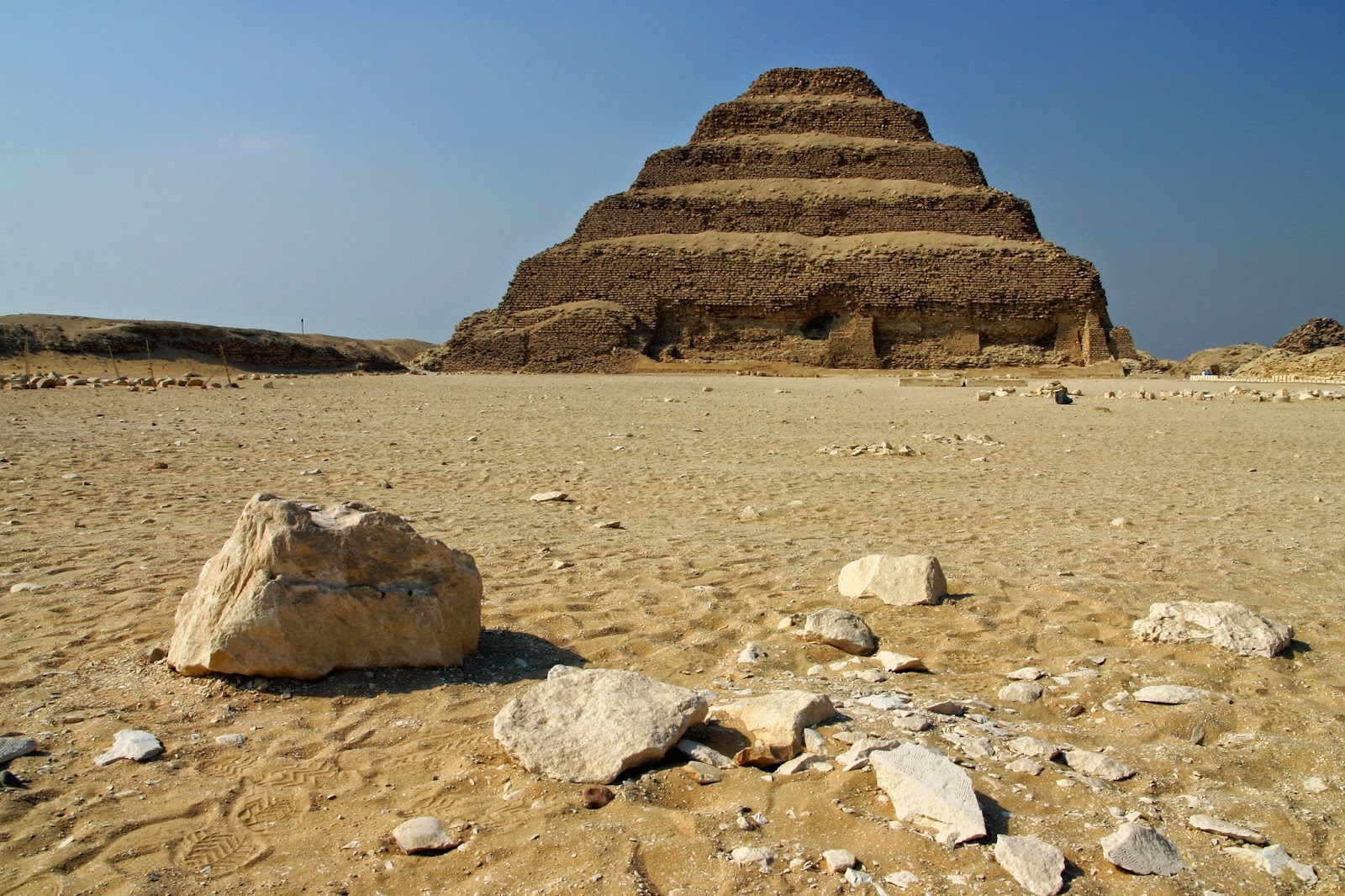UPDATED > Proposed U.S.-Egypt MoU Attracts Contrasting Comments from Heritage Preservationists and Ancient Coin Collectors
Egypt, concerned that its cultural heritage is in jeopardy from pillage, made a request to the Government of the United States under Article 9 of the 1970 UNESCO Convention on the Means of Prohibiting and Preventing the Illicit Import, Export and Transfer of Ownership of Cultural Property. The United States Department of State received this request in April 2014. Egypt’s request seeks U.S. import restrictions on archaeological and ethnological material from Egypt representing its prehistoric through Ottoman heritage.
Ancient coins should not be included in this ban. They are of a different nature than other antiquities, being mass produced in large establishments of ancient governments. In addition, if historical historical (sic) information is considered important, banning the import of these coins will have the opposite effect, forcing coins into the illicit end of the market; if legalized, there would be no such need for smuggling, and historical information could be preserved.
Coins and statues are some of the prime types of artifacts that are traded on the antiquities market, and there is no doubt that those my team found would have been immediately saleable had they been uncovered by looters. We found these objects in January of 2011, only days before the revolution began. In the aftermath of the revolution, looting at Abydos increased significantly; I would not be at all surprised if the discovery of the cache had some role in this, as the decision to avoid a public announcement could hardly keep their existence from being known locally. The very area where these were found was the subject of a nightime looting attempt while I was excavating in 2013. Thankfully the local police as well as the head workmen from my excavation, our guards, and our house staff responded immediately. On this occasion no looting was done. But as Dr. O’Connor noted, Abydos has had hundreds of looters pits dug since the revolution. These have been documented by comparing satellite imagery before and after January 2011, and archaeological fact-checking on the ground. To walk across the site is to see holes with bricks and pots thrown aside, gaping wounds in the archaeological landscape. While the incidence of looting has decreased significantly, the threat to the site and the information it contains remains very real. Abydos stands in the middle. Some sites have seen nearly no looting, and some have seen looting that has nearly destroyed them, has made it impossible for archaeologists to conduct work there.
(A) [whether] the cultural patrimony of the State Party is in jeopardy from the pillage of archaeological or ethnological materials of the State Party;
(B) [whether] the State Party has taken measures consistent with the Convention to protect its cultural patrimony;
(C) [whether] –(i) the application of the import restrictions . . . with respect to archaeological or ethnological material of the State Party, if applied in concert with similar restrictions implemented, or to be implemented within a reasonable period of time, by those nations (whether or not State Parties [to the 1970 UNESCO Convention]) individually having a significant import trade in such material, would be of substantial benefit in deterring a serious situation of pillage, and (ii) remedies less drastic than the application of the restrictions set forth in such section are not available; and
(D) [whether] the application of the import restrictions . . . in the particular circumstances is consistent with the general interest of the international community in the interchange of cultural property among nations for scientific, cultural, and educational purposes.
Already, there is a strong international response to the pillage in Egypt. As CPAC is well aware, countries implement the 1970 UNESCO Convention in different ways. Most states party grant reciprocal recognition to the export restrictions of other counties. Such is the system in Canada, for example, which, in 2007, intercepted a Greco-Roman bust smuggled from Egypt. Switzerland is the only country with a protection regime involving bilateral agreements similar to those in the United States. Switzerland entered into an agreement with Egypt in 2010. Major market countries such as Belgium, Canada, France, Germany, Israel, and the United Kingdom have all been involved in the recovery and return of Egyptian material …. The United States would therefore not be alone in responding to the situation of pillage in Egypt with import restrictions.
A public hearing on the MoU proposal will be held in Washington, DC in June.
Photo credit: Enrico Nunziati
This post was updated on May 16, 2014.
By Rick St. Hilaire Text copyrighted 2010-2014 by Ricardo A. St. Hilaire, Attorney & Counselor at Law, PLLC. Blog url: culturalheritagelawyer.blogspot.com. Any unauthorized reproduction or retransmission of this post is prohibited. CONTACT INFORMATION: www.culturalheritagelawyer.com


